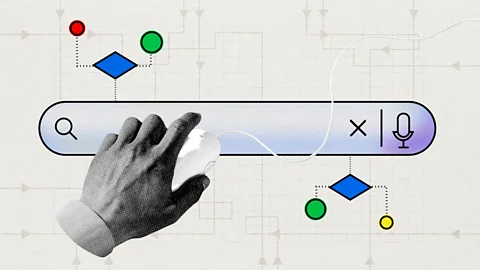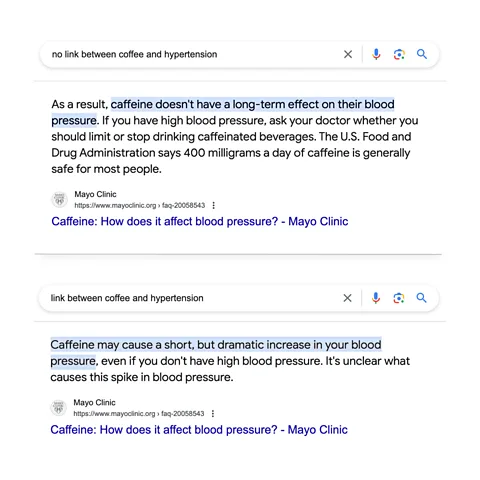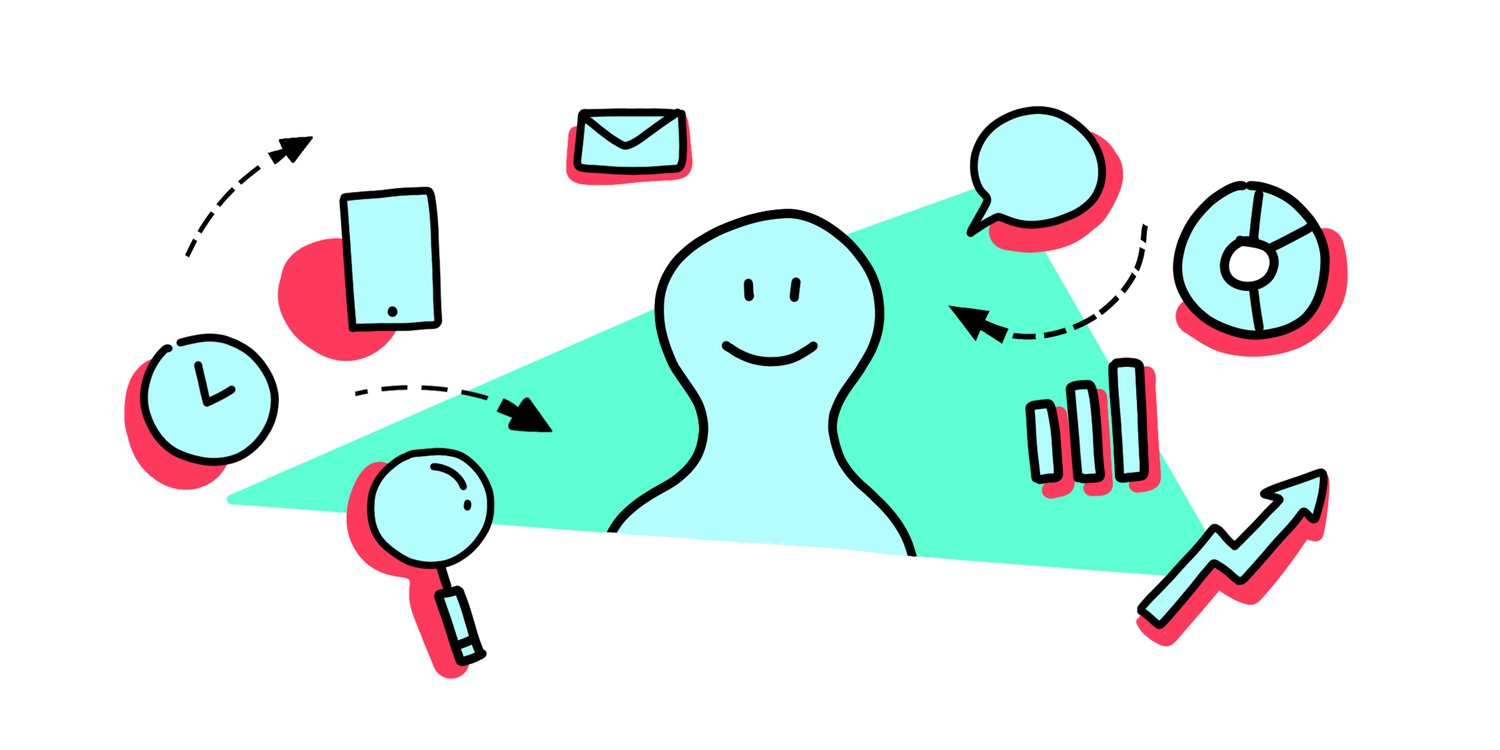Google and user behavior have become intertwined in a way that shapes not only the search engine’s algorithms but also how individuals perceive their own interests and biases. In an age where information is abundant yet selective, understanding how Google tailors results based on user interactions can provide insights into our own cognitive patterns and preferences. This article delves into the mechanisms behind Google’s search functionalities and how they reflect the nuances of user behavior.
Google and User Behavior: An Overview

Understanding User Behavior on Google
User behavior on Google is analyzed through various metrics, including click-through rates, search frequency, and interaction time. These metrics inform the search engine’s understanding of what users find engaging or relevant. For instance, if a user consistently searches for articles related to a specific topic, Google’s algorithms will prioritize similar content in future searches, effectively creating a feedback loop that reinforces those interests.
The Role of Personalization in Search Results
Personalization is a key aspect of Google and user behavior. When users sign in to their Google accounts, the search engine begins to tailor results based on previous searches, location, and even the time of day. This can lead to an echo chamber effect, where users are repeatedly exposed to viewpoints and information that align with their existing beliefs. As a result, the diversity of information consumed may diminish, leading to a narrowed perspective.
- The Echo Chamber Effect
The echo chamber effect is particularly pronounced in how Google curates content. Users may not even realize that their searches are being influenced by their previous interactions. For example, someone who frequently searches for news from a particular political perspective will find it challenging to encounter opposing viewpoints. This phenomenon can significantly impact public discourse and the development of individual opinions.
How Google Uses Data to Understand Interests

- Data Collection and User Profiles
Google collects vast amounts of data through its various services, from search queries to YouTube views. This data is instrumental in creating comprehensive user profiles that help predict what a user might be interested in. The algorithms analyze patterns in search behavior, allowing Google to recommend content that aligns with users’ established preferences.
- The Impact of Search Algorithms
Search algorithms are continually refined to improve accuracy and relevance. Google employs machine learning techniques to analyze user behavior, adjusting the search results in real-time based on collective data from millions of users. This level of adaptability highlights the dynamic nature of Google and user behavior, illustrating how the search engine evolves alongside its users’ preferences.
Influence of Search Behavior on Society

Shaping Public Opinion
The way Google curates content has far-reaching implications beyond individual preferences. The aggregated data from user behavior contributes to the shaping of public opinion. For instance, trends that emerge from search data can influence media coverage, policy decisions, and even societal norms. Consequently, understanding Google and user behavior is essential for grasping how information flows in the digital age.
Responsibility of Users and Platforms
As users, it is crucial to recognize the impact of our search behavior on the information we consume. Engaging with diverse perspectives can counteract the echo chamber effect and promote a more balanced worldview. Additionally, platforms like Google bear responsibility in ensuring that their algorithms do not perpetuate misinformation or biases, fostering an environment conducive to healthy discourse.
Google and user behavior are inextricably linked in a complex relationship that shapes both personal experiences and societal trends. The personalization of search results, driven by user data and behavior, highlights the need for individuals to be conscious of their information consumption habits.
By understanding how Google tailors search results based on user behavior, we can better navigate the digital landscape, seeking out diverse perspectives and challenging our own biases.
Understanding the implications of Google and user behavior not only empowers users but also encourages a more informed and engaged society. As we move forward in this digital age, awareness of how our searches reflect our interests becomes increasingly vital.
Google Maps AI search revolutionizes navigation by integrating advanced AI, enabling users to receive real-time, conversational answers to queries. This update allows for natural language questions like “What are the best coffee shops nearby?” transforming Google Maps into a dynamic travel companion powered by Bard AI.


